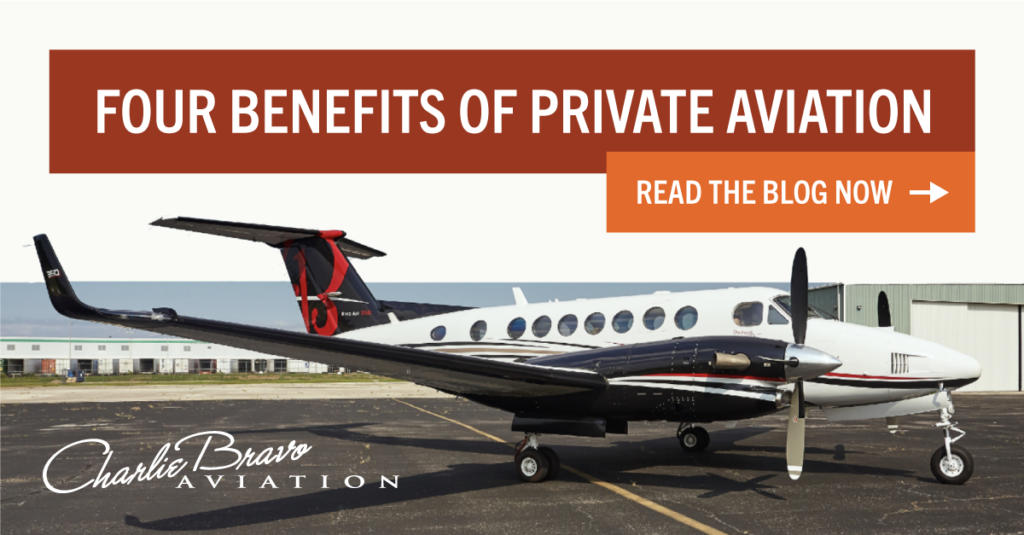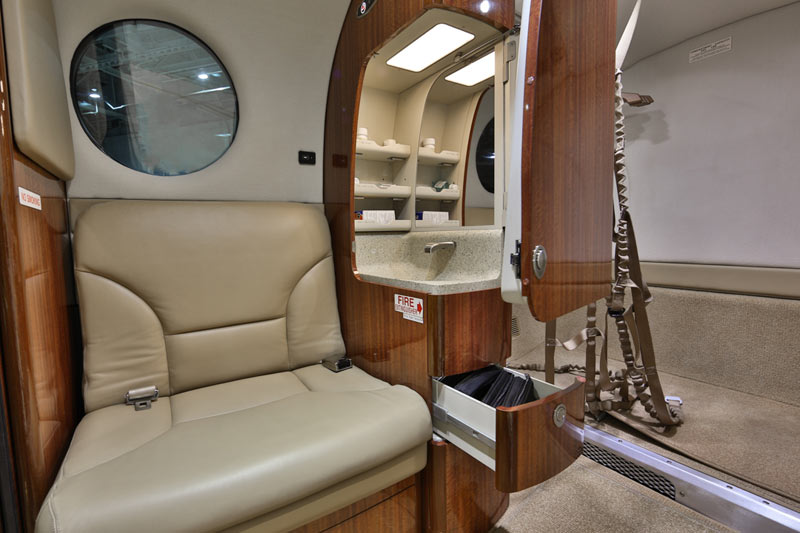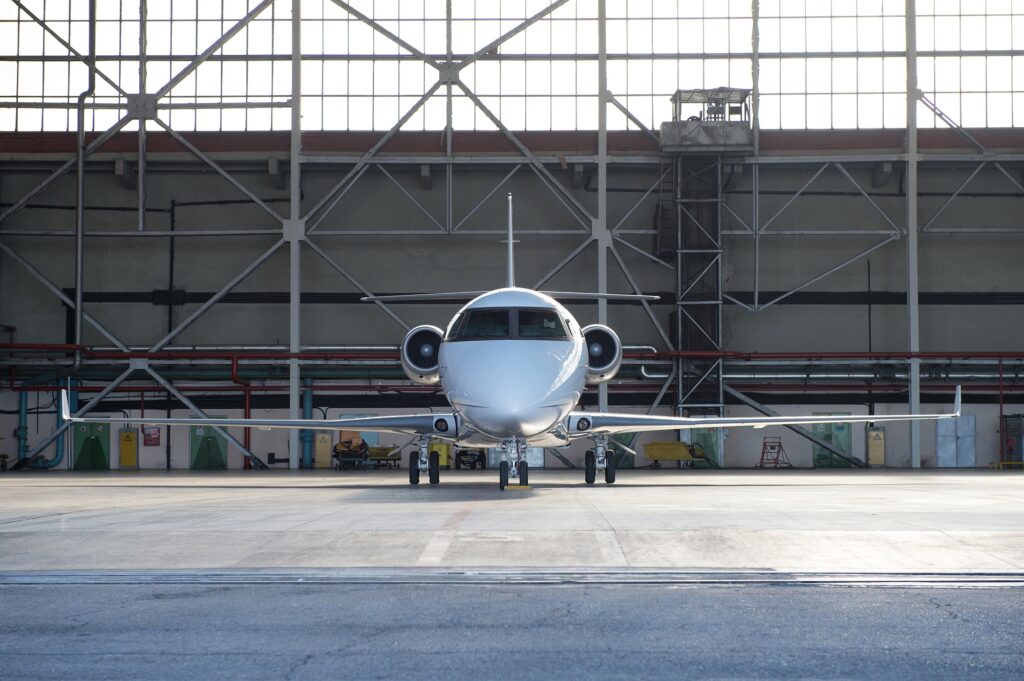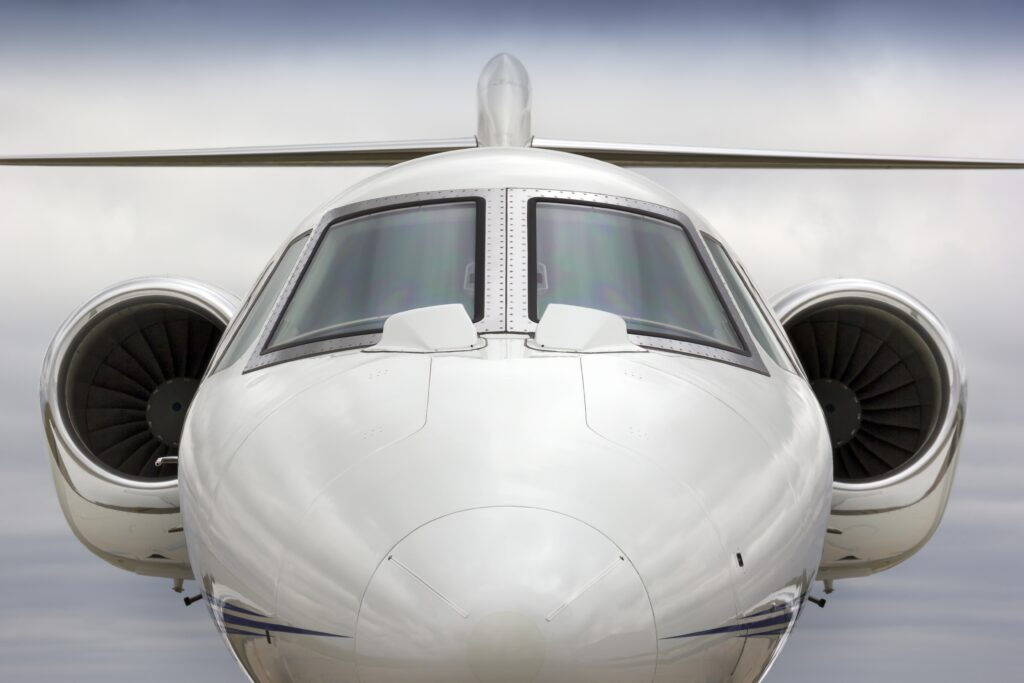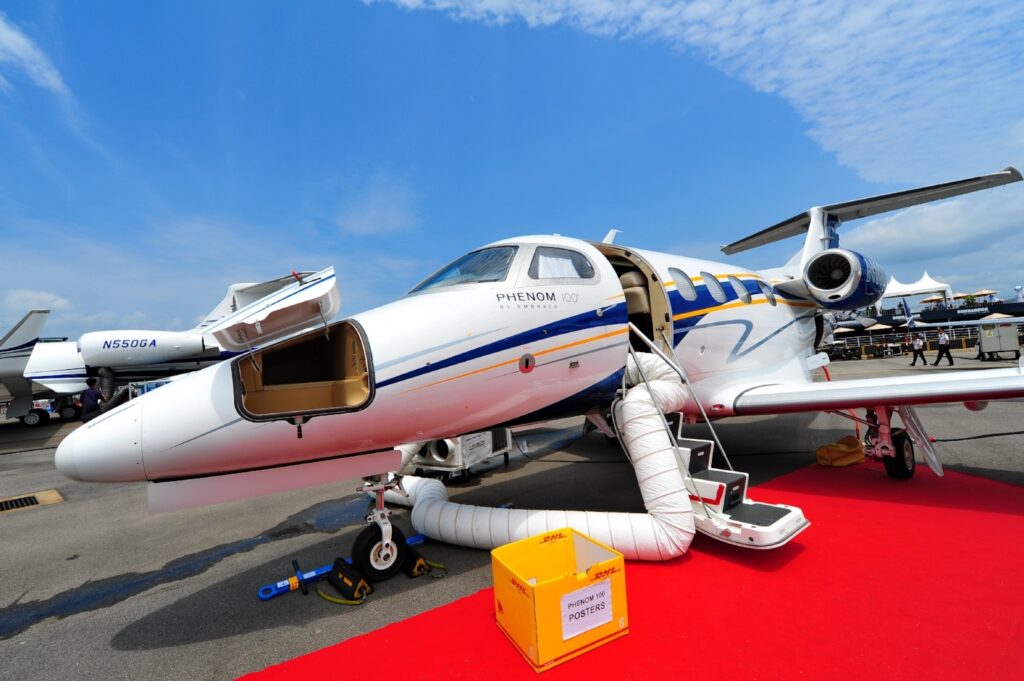Over the past year, we have seen upsets to every area of our lives, including commercial air travel. With decreased benefits, increased fares, fewer options, and longer layovers, commercial air travel is costing more and more time and money. In the face of these issues, we hope you’ll consider private aviation, which can offer safety, convenience, peace of mind, and possibly cost savings.
We’d love to hear your financial and safety concerns regarding aviation and to send you a report about the trends toward private air travel as a way to protect your greatest assets—your people. Will you help us?
In this blog, we’ve broken down several aspects of private aviation and provided some tools for you in your exploration.
1. Safety
Private aviation is one of the safest means of transportation in the world (occasionally you’ll hear about a plane crashing because it’s so rare). The federally mandated safety regulations set an incredibly high bar for training and safe operations–much different than letting a 16-year-old on the highway! For professional pilots, regulations are even more stringent than for those flying as a hobby. Often, a management company or a professional pilot will have training, maintenance, operations, and communications standards that are even higher than what is required by the FAA or other corresponding civil aviation authorities. And each operator is required by law to have a designated safety officer.
Questions to ask if you are a nervous flier:
- You might ask if the pilots usually fly together. Do they have good communication protocols, if they are newly paired? Do they train together? When pilots train, they sit in the simulator to practice emergencies, understand how to fly the plane best, and communicate effectively with each other.
- Does the operator maintain a Wyvern Wingman or an Argus Platinum certification? These are both third-party certifiers for the operations of the aircraft that involve maintenance, training, communications, and general best-operating practices that facilitate flight safety.
- What is the dispatch reliability on this plane? That means when you’re ready for the plane to go, how often can it take off? Some planes have near-perfect dispatch reliability while others are not as reliable as others.
2. Convenience
In the U.S. alone, there are more than 5,000 airports open to private aviation. On the other hand, there are only 500 or so commercial airports with airline traffic. This provides a private flier with more choices that allow him or her to get closer to the final destination. Paired with the ease of driving your car up to the airplane, tossing your keys to a flight line worker, boarding the plane, and leaving in 10 minutes or so, private aviation really couldn’t be easier.
With the complications of COVID-19, commercial travel is increasingly more inconvenient, with fewer selections and longer layovers. According to Airlines for America, more than a half a million commercial flights were canceled last year. If you need to travel somewhere quickly and on your own schedule, then commercial air travel may not be your best option anymore. Additionally, families with concerns about hypoxia risks or potential vaccine requirements are considering private aviation as a healthy alternative.
Questions to ask about other conveniences:
- What is the luggage capacity of the plane and how should that be packed? On a smaller plane, luggage size, shape and weight may be limited.
- Is there WiFi on the plane? As a follow-up, it is good to know if there is an upcharge for using it. Some operators have one and others do not.
- Is there a lavatory on the plane? What about privacy? Lavatories are not guaranteed on smaller planes. If there is a lavatory, it may be one with a curtain or a less rigid door, which does not allow for much privacy. If you need a lavatory onboard, be sure to ask about this.
3. Peace of Mind
The third consideration for private aviation is that it provides peace of mind. The physical and mental health of your family or key employees are vital to you and your company’s well-being. Limited exposure to additional people or ever-changing airline policies can ease the stress of travel, particularly in the current state of the world.
If travelers are immunocompromised, they may choose to avoid a commercial aviation situation. Aside from COVID concerns, many private operators will fly cancer patients since they cannot be exposed to the germs found in a commercial terminal or on a commercial plane.
Further, passengers can board without going through the FBO, or fixed base operation, in most cases. Planeside dropoff and pick-up are common.
Questions to Ask:
- What are the cleaning protocols for the plane? Health protocols for the crew?
- Is it possible to be dropped off and picked up at the plane? Some airports allow this and others don’t, especially in other countries, so be sure to ask ahead of time if this is the protocol.
4. Possible Cost Savings
Having trouble convincing your spouse, executive team or board that flying privately might be a great decision? Commercial flights are crowded and frequently inconvenient—and even more so with pandemic decisions. But health and safety reasons aside, many people are wired to make decisions from a financial standpoint.
Since every situation is different, the easiest way to determine if it makes sense to travel privately is to conduct a budget assessment. To do so, download our Aircraft Acquisition eBook, which walks through the process step by step.
When you have your mission and budget assessment complete, you will have a better picture. If you don’t anticipate flying often (10 trips or less annually), you might want to focus on charter, a jet card, or a membership program. When you start flying privately more than 20 times a year, you may want to begin looking at fractional or full ownership.
In the coming weeks, we will be publishing a follow-up report to “The Future of Air Travel,” our study on the predicted impacts of COVID-19 on aviation published last year. We are ready to determine how financial and safety concerns have changed in order to better serve you. And, we want to answer your questions about the trends toward private air travel as a way to protect your greatest assets—your people. Will you help us?

